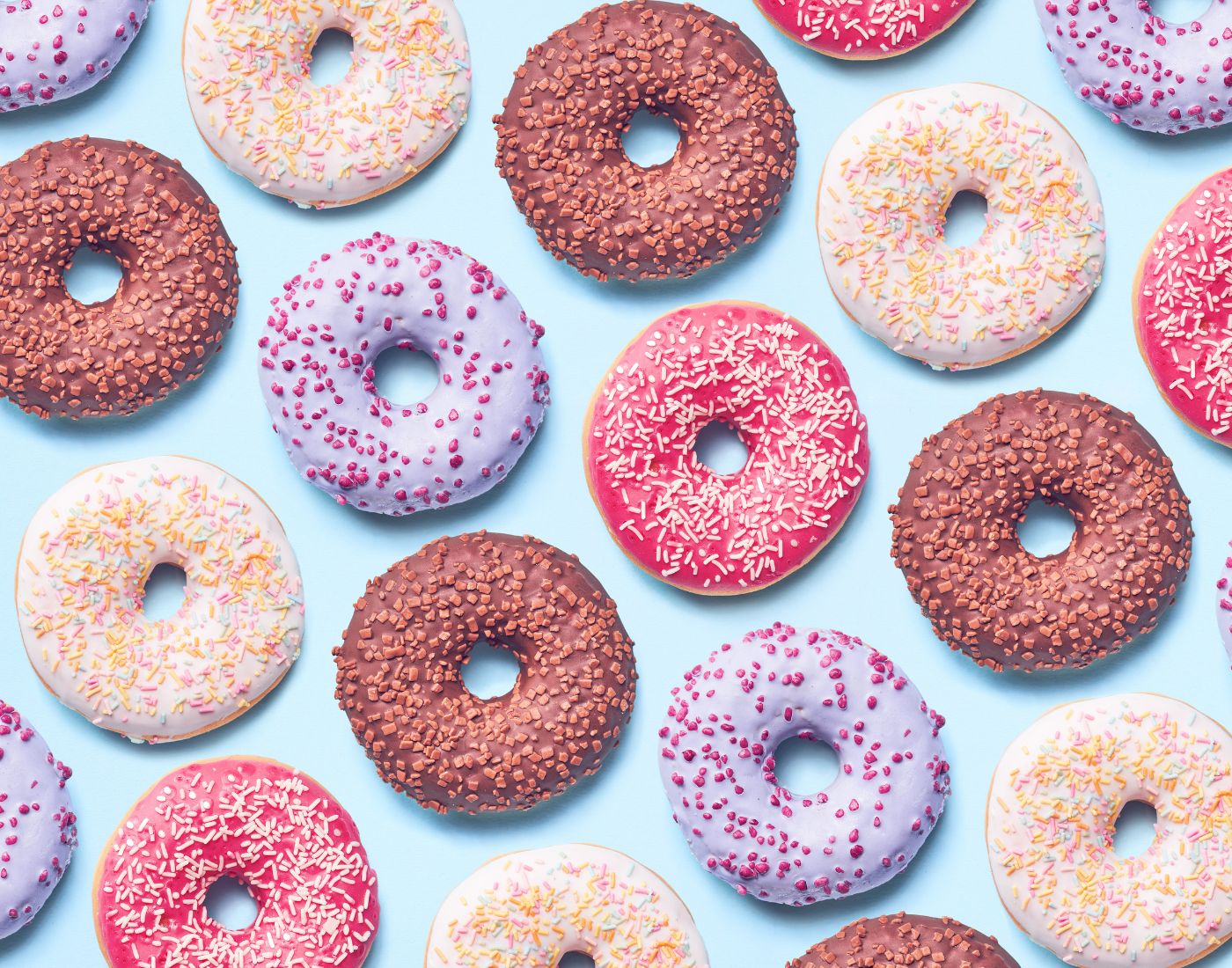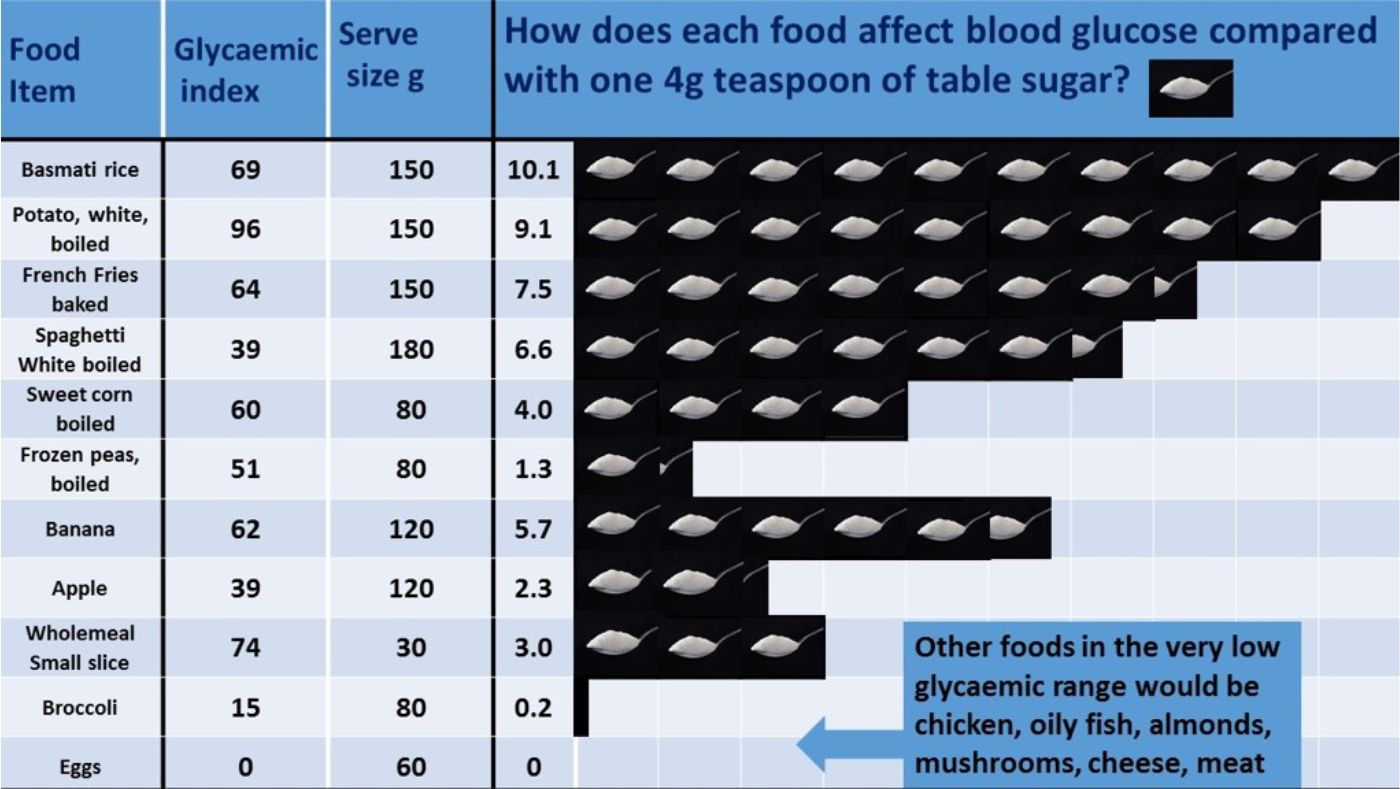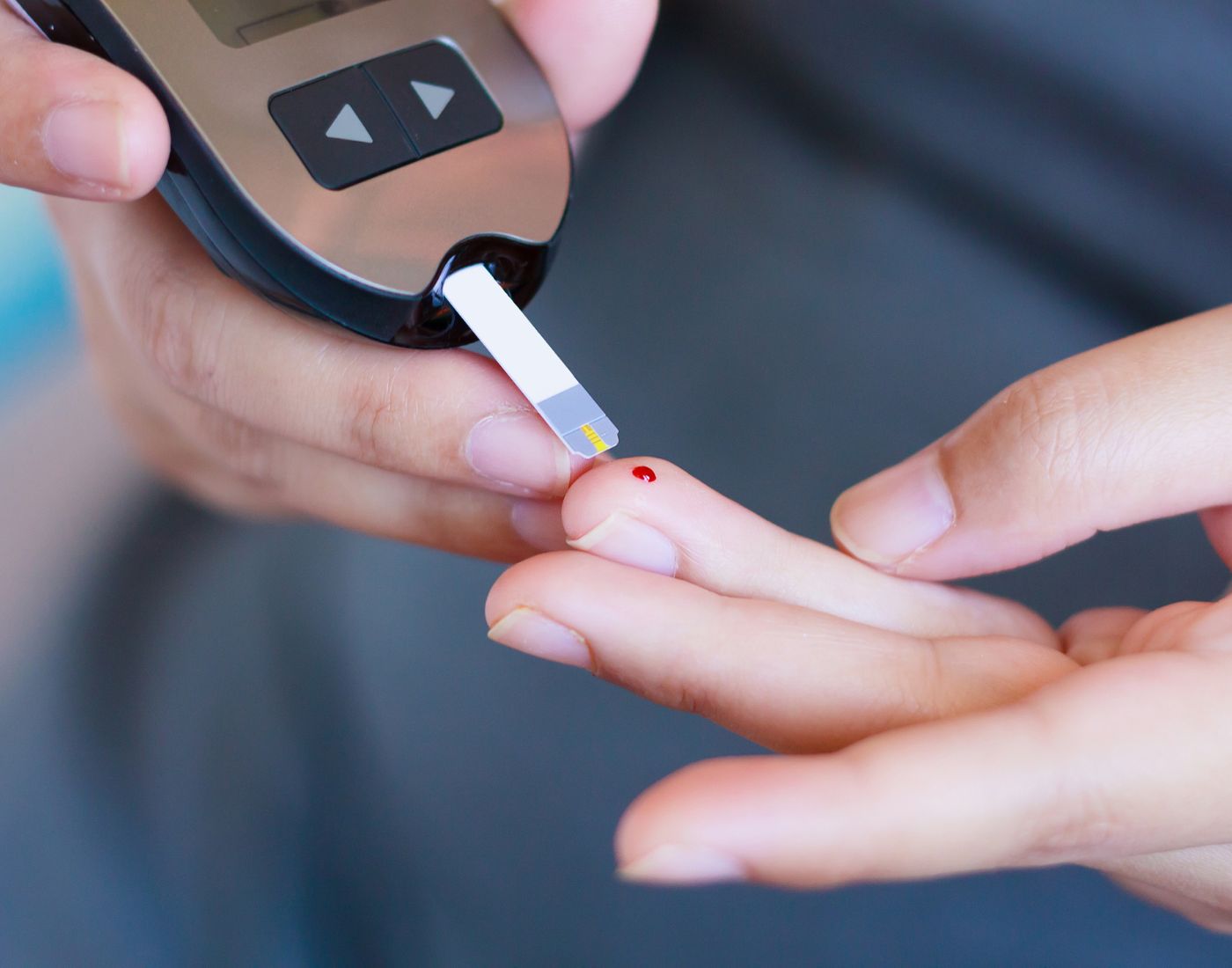Low Carb and Diabetes Reversal

Written by Dr Estrelita van Rensburg
Introduction – low carb diet and diabetes reversal
In America today, more than 37 million people suffer from diabetes with an estimated cost of $1 billion dollars per day to treat them. It affects nearly 30% of people aged 65 years and over. But it is not just a disease of older people - the number of young people under the age of 20 years with diabetes has grown at an astonishing rate since the beginning of this century.
There are two distinct types of diabetes, type 1 and type 2. Although both types are due to high levels of glucose (sugar) in the bloodstream, the diseases have different causes. Type 1 is caused by having too little insulin, as a result of a problem with the beta cells in the pancreas that produce the hormone. This condition cannot be reversed or cured.
Type 2 diabetes is associated with high insulin levels, therefore there is no problem with the pancreatic beta cells. High insulin levels are driven by the food we eat, in particular with the level of carbohydrate intake.
In this blog we will explore how it happens and what can be done to prevent the disease developing or progressing in the first instance. The same solution will also put type 2 diabetes in remission or reversal. Type 2 diabetes should no longer be considered a slow progressing unstoppable disease.
Understand glucose, understand type 2 diabetes
When we eat carbohydrates (starch and sugar), our blood sugar (glucose) concentrations rise. It is important to remember that all starch and sugar eventually gets broken down into glucose molecules. Starch (found in rice, pasta, bread, potatoes etc), is nothing else but a string of glucose molecules 'holding hands'.
Another key point to remember is that insulin levels will always rise in conjunction with rising glucose levels (read high carbohydrate intake). Insulin is a hormone that works like a door opener for glucose. It facilitates the process whereby glucose enters our cells. Once inside, glucose will be used to produce energy fuel.
When we follow a high carbohydrate diet, excess glucose is stored in our liver and muscles. When this storage space is full (it is fairly limited), further excess glucose is converted into fat and stored in and around the organs of our abdomen.
The result is that our body fat increases and so does our body weight. The available space to store fat in and around our abdominal area is massive - the manifestation of that is blatantly obvious in many people that we may encounter on a daily basis.
Outwardly fat accumulation manifests as belly fat while blood tests for liver functions will reveal fatty liver disease. When this happens, we must be alerted to the fact that our body is exposed to very high levels of glucose and that carbohydrate restriction is urgently needed.
We are suffering from a metabolic disease and reaching out to our GP for prescription medication is not going to help us deal with the underlying condition.

Excess glucose from sugar and starchy food is stored as fat in our abdominal area (expanding waistline).
Diabetes - the underlying problem
Of all the macronutrients that we consume, carbohydrates stimulate the highest levels of insulin release. It is much lower for protein, while very little insulin is released after a fatty meal.
High carbohydrate intake leads to high blood sugar levels as well as high insulin levels over time. This condition is called hyperinsulinemia, which is a very unhealthy condition.
Our modern Western diet, packed with processed food and drinks, is a very high carbohydrate diet. Many people today following this diet suffer from hyperinsulinemia, without even knowing it.
This is a dangerous situation because in due time (usually a few years), a condition develops where our cells will no longer respond effectively to the effects of insulin. It means that glucose can no longer effectively get into our cells to produce energy. Have you ever thought why you are constantly feeling tired?
We call this condition insulin resistance. Some people also call insulin resistance pre-diabetes. In countries where people follow the standard Western diet of highly processed food, up to 90% of the adult population may already be affected by poor metabolic health and insulin resistance.
Once again, this condition is almost never diagnosed and it is the precursor condition of many chronic diseases such as type 2 diabetes, heart disease, infertility, many types of cancer and Alzheimer's dementia.
The result of insulin resistance is that our cells do not have enough energy to perform all their functions. This leads to so many different conditions and diseases because all the cells in our body are impacted by it.
To explain insulin resistance in another way - imagine a boat that is leaking. Water is rushing into the boat, but due to the size of the leak, the on-board pump cannot get rid of all the water. The boat becomes overwhelmed by the amount of water inside and ultimately sinks.
In this scenario, water is equivalent to sugar (blood glucose levels) and the pump is equivalent to insulin (trying to pump glucose into our cells). The high blood sugar levels cannot get inside our cells to produce energy because the 'insulin pump' is no longer working efficiently.
When we understand this, it is self-evident that treating diabetes patients with insulin will only mask the condition - it will make insulin resistance worse and never address the underlying condition.
The cells and organs slowly starve because of a lack of energy to perform their normal metabolic functions. We become sick and ultimately may die from one or more of these chronic diseases.

In diabetes, unless we address the underlying issue, we will eventually die from diabetes complications.
What can we do about insulin resistance and diabetes?
Think about it this way - if you have a gluten or peanut intolerance, should you ingest gluten or peanuts? Of course not, you should avoid them at all costs! The same logic applies to insulin resistance and diabetes. It is a disease of blood sugar (glucose level) overload, followed by high insulin levels.
The only way to reverse the situation is to lower glucose or carbohydrate intake. This will result in lower blood sugar levels followed by lower insulin levels. Over time, we may be able to reduce the insulin resistance and restore a level of insulin sensitivity.
As an example - eating a potato (starch) will raise your blood sugar level to the same equivalent level as eating nine teaspoons of sugar! If instead, you avoid sugar and starch by following a low carb diet, you will lower your blood glucose and insulin levels. Low insulin levels are associated with good health and if you are a diabetic, you will be on your way to reverse or put your diabetes in remission.
Choosing foods low in carb value is a safe and easy way to help you control your blood sugar. In the list below, eggs are the best choice because they are an excellent source of protein with a zero-carb intake level!

Source: Dr David Unwin's NICE Endorsed Sugar Equivalence Infographics, ©Public Health Collaboration.
Change your diet and reverse diabetes
By changing your diet, you can effectively reverse many of the negative effects associated with diabetes. Research shows that low carb diets or keto diets are safe and effective options for treating or reversing type 2 diabetes.
A keto diet is basically a very low carb diet - with daily carb intake levels less than 25 grams. Since carbohydrates are not essential, we can healthily survive while eating very little of it.
Some interesting examples of scientific data/results:
- In 2019, the American Diabetes Association (ADA) stated that reducing carbohydrate intake was the most effective nutritional strategy for improving blood sugar control in those with diabetes.
- Virta Health published a study in 2019 showing that 349 people with type 2 diabetes followed either a very low carb diet or a standard diet. After one year, 97% of those in the low carb group had reduced or stopped their insulin use, while 58% were no longer diagnosed as having diabetes (disease in remission). In the standard diet group there was no change.
- In the UK, Dr David Unwin of Norwood Surgery in Southport, is a strong advocate of lifestyle medicine. In 2016, he won the NHS Innovator of the Year Award. See his 2018 presentation ‘Low carb is not just about diabetes' at the Royal College of General Practitioners Conference in London.
By understanding the principles of carbohydrate restriction, it becomes clear that our government's recommended diet (US Dietary Guidelines for Americans, EatWell Guide of the NHS in the UK, etc) is completely outdated and incorrect.
These guidelines urge people to consume several servings of refined grain products per day, including sugary cakes, sweets and condiments - all food types with very high carbohydrate values!
These guidelines are not only promoting the development of pre-diabetes and diabetes, but also other associated conditions such as obesity, cancer, heart disease such as high blood pressure and the incidence of fatal and non-fatal coronary heart disease.
What to expect from a low-carb diet
When diabetic patients start on a low carbohydrate diet, they straight away notice how their blood sugar levels improve. It is obviously important to always monitor blood glucose levels after meals.
Use a hand-held glucometer to do this. Furthermore, one can make quick adjustments to eliminate any food stuffs responsible for blood sugar spikes.

Diabetics should monitor their blood sugar levels and adjust their diet accordingly.
In time, the need for medications especially insulin is usually dramatically reduced. In addition, substantial weight loss often follows. Furthermore, people feel better, they are more alert and have lots more energy.
Treating the underlying problem in diabetes - not medication use
A growing number of doctors from countries as widespread as the UK, US, Canada, South Africa, Australia and New Zealand are now interested in curing the underlying problem in diabetes rather than just prescribing drugs. They realise that Type 2 diabetes is not a chronic, progressive disease that can't be cured. It is a curable dietary disease.
Today, we have excellent scientific and medical data that supports the use of diet in treating diabetes. It allows patients not only to reduce but often to eliminate their diabetes medication. At the same time helping them lose weight as well.
Important to note
On the low carb diet your blood sugar/glucose levels will be lower and hence less medication is required. It is therefore most important that you work with your healthcare provider to adjust your medication levels when you change your diet.
If your healthcare provider is not enthusiastic to help you pursue a natural solution to reverse or improve your diabetes, try to find one that is able and willing to help.
Above all, remember that choosing foods low in sugar and starch content is a safe and easy way to help you control your blood sugar.
For more information and practical help on how to adapt and change to a healthy eating program, follow the link below.

